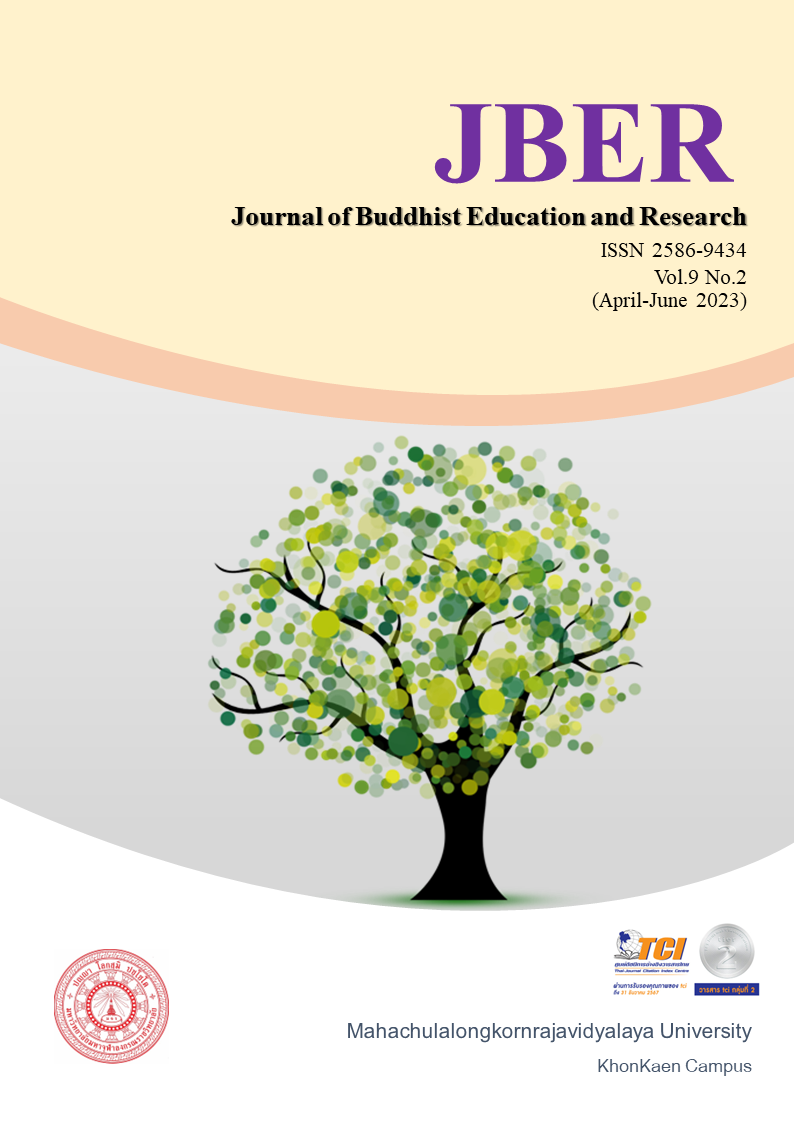RESEARCH ON MARKETING STRATEGY BASED ON CHINESE SUV MARKET—TAKE SAIC-GM-WULING AUTOMOBILE CO., LTD. AS AN EXAMPLE
Keywords:
marketing, Wuling Star SUV, SUV car marketAbstract
Under the dual influence of China's economic and social development and comprehensive national strength, the Chinese auto industry has entered an unprecedented high-speed growth stage. Under this situation, the Chinese car market has gradually developed and China has become a global leader in car sales. Such growth has also caused a large number of auto brands from all over the world to enter the domestic market with a certain impact on the domestic market. This research aimed to investigate the current situation of SUV automobile market in China and its marketing problems and weaknesses. The article focused on the modern marketing strategies of Wuling Xingchen SUV car launched by SAIC-GM-Wuling (SGMW) due to its outstanding market positioning and the growth of the SUV automobile market in China. Data were analyzed through investigation, literature review, and empirical analysis. The research could provide a basis and reference for exploring the future development orientation of Chinese SUV automobile industry and improving the level of marketing strategies.
References
Bai Hansong, (2007), China's automotive marketing record.The Machinery Industry Press.
Chen Jizhi, Liu Qing, (2017), China Automotive Marketing Model Integration Innovation Research —— Take Shanghai Volkswagen as an example, Shopping Mall Modernization, (08).
Fu Xuefeng, (2018), is more profitable than most joint venture cars, what is Geely's secret, Financial Economy, (19).
Han Dayong, (2006), the pricing strategy in marketing.Business Management Press.
Li Huaibin, (2007), Marketing.Tsinghua University Press.
Li Xue, (2016), Application of mutual experiential marketing in automotive marketing, Modern Business, (02).
Lin Jiaju, (2017), Research on Vehicle Sales Innovation Model in the Background of Internet +, Modern Business, (05).
Liu Jiandi, (2006), Marketing Science.Tsinghua University Press.
Liu Yunqian, (2019), analyzes the current situation and outlook of new energy vehicle marketing, Automobile and Driving Maintenance (Repair version), (01).
Peng Junsong, (2007), customer relationship management system for the automotive industry.Electronics Industry Press.
Plateau, (2019), research on the pricing strategy of Chinese independent brand cars, master's dissertation of University of International Business and Economics.Beijing: University of International Business and Economics.
Sun Muzi, (2017), China's post-90s automobile consumption characteristics to the future automobile marketing inspiration, "Automobile Vertical", (11).
Tang Baojun, Wang Xiangyu, Wang Bin, Wu Yun, Zou Ying, Xu Huangchen, Ma Ye, (2019), Analysis and Outlook of the Development Level of China's New energy Vehicle Industry, Journal of Beijing Institute of Technology (Social Science Edition), (02).
Wan Houfen, Zhou Construction, (2006), brand management.Tsinghua University Press.
Wang Xia, (2018), car marketers should return to their original intention, car Watch, (09).
Wang Xia, CAI Baoyu, (2018), analysis of enterprise marketing optimization strategy in the "Internet +" era, Business Economy Research, (19).
Wang Xiuli, Xiao Juntao, (2015), the integration of automobile distribution channels in China under the new normal, Reform and Strategy, (09).
Wang Yanmei, Li Jiamin, (2018), Research on Automotive Marketing Model Reform in the Era of Big Data, Logistics and Procurement in China, (22).
Wang Yanshuang, (2016), Discussion on mutual automobile marketing mode: Internet + Experience Marketing, Modern Marketing (Next Ten days), (03).
Wang Yu, Zhang Lei, (2018), an empirical analysis of the relationship between insight, executive power and enterprise growth, Statistics and Decision Making, (17).
Wu Kaicheng, (2008), automotive marketing revolution.The Machinery Industry Press.
Yang Xuecheng, (2016), Mutual Xu Xiuxiu, Tao Xiaobo, research on value co-creation mechanism based on experiential marketing, —— takes the automotive industry as an example, Management Review, (05).
Zeng Qingji, (2009), automotive marketing.Chemical Industry Press.
Zhang Yingzi, (2017), the application of color marketing in automobile marketing, Modern Marketing (Next), (06).
Zhao Li, (2019), 2018 China Auto Market Inventory, "Cars Vertical", (02).
Zhu Yun, (2019), enabling the automotive industry with 5G to accelerate the new four modernizations of automobiles, Business School, (01).





